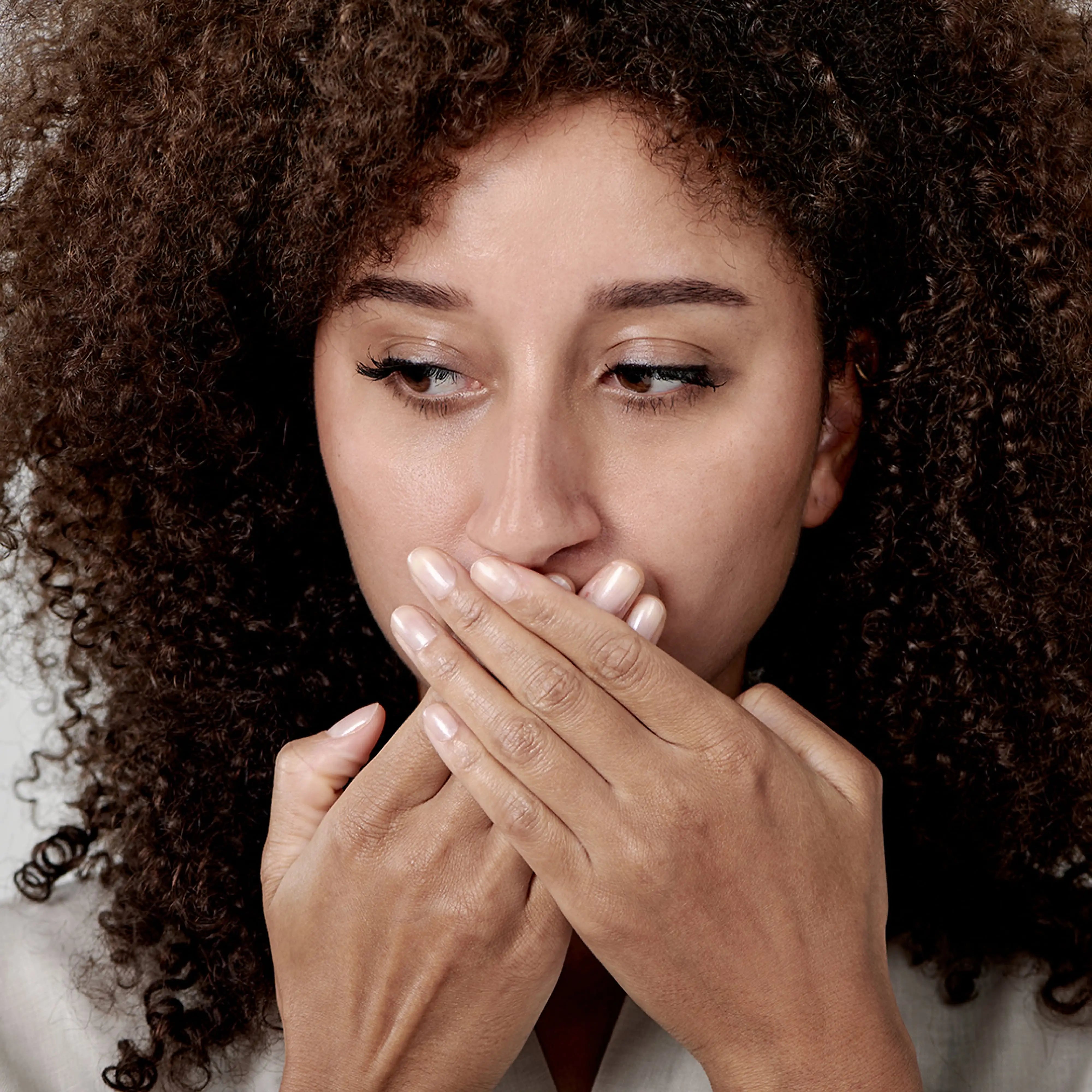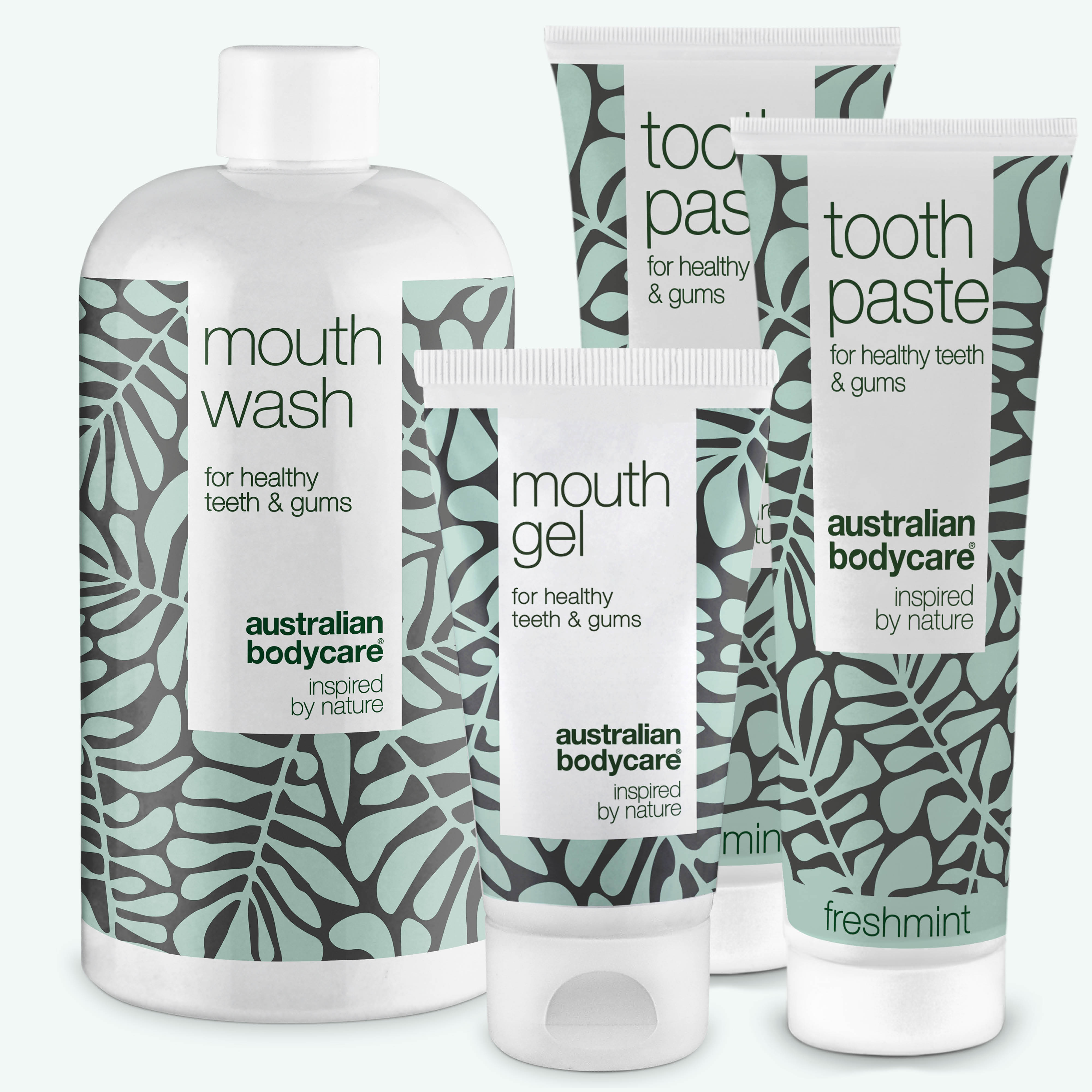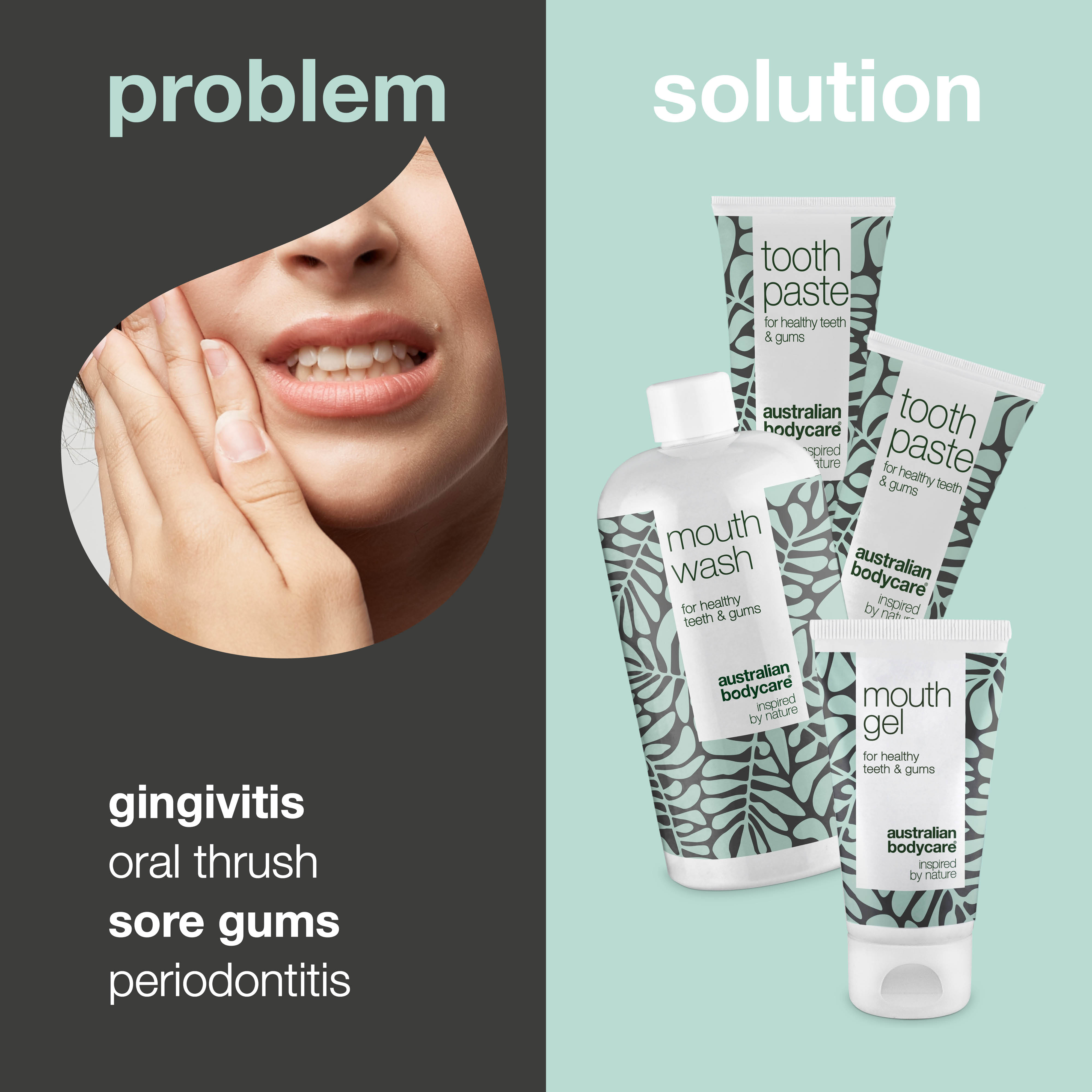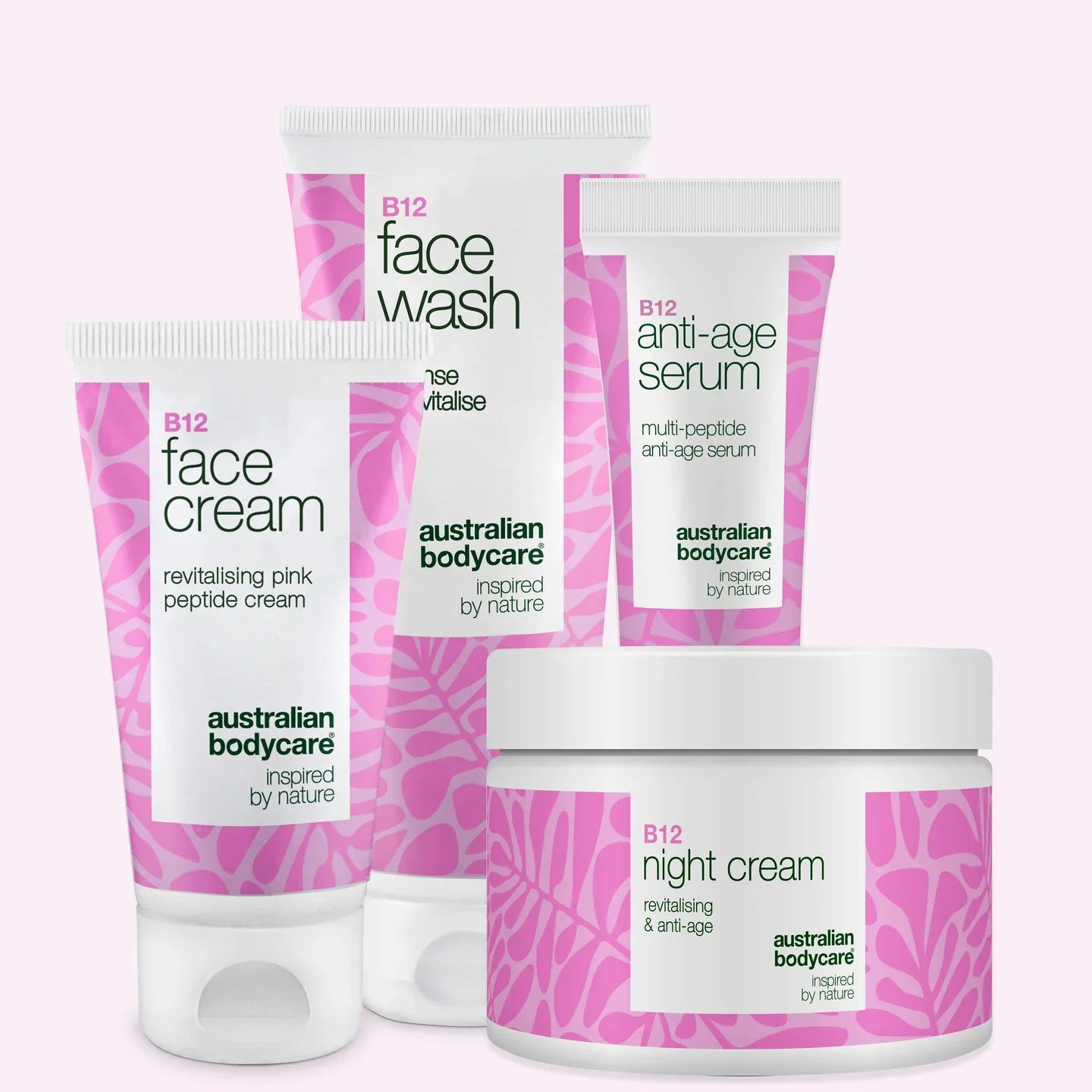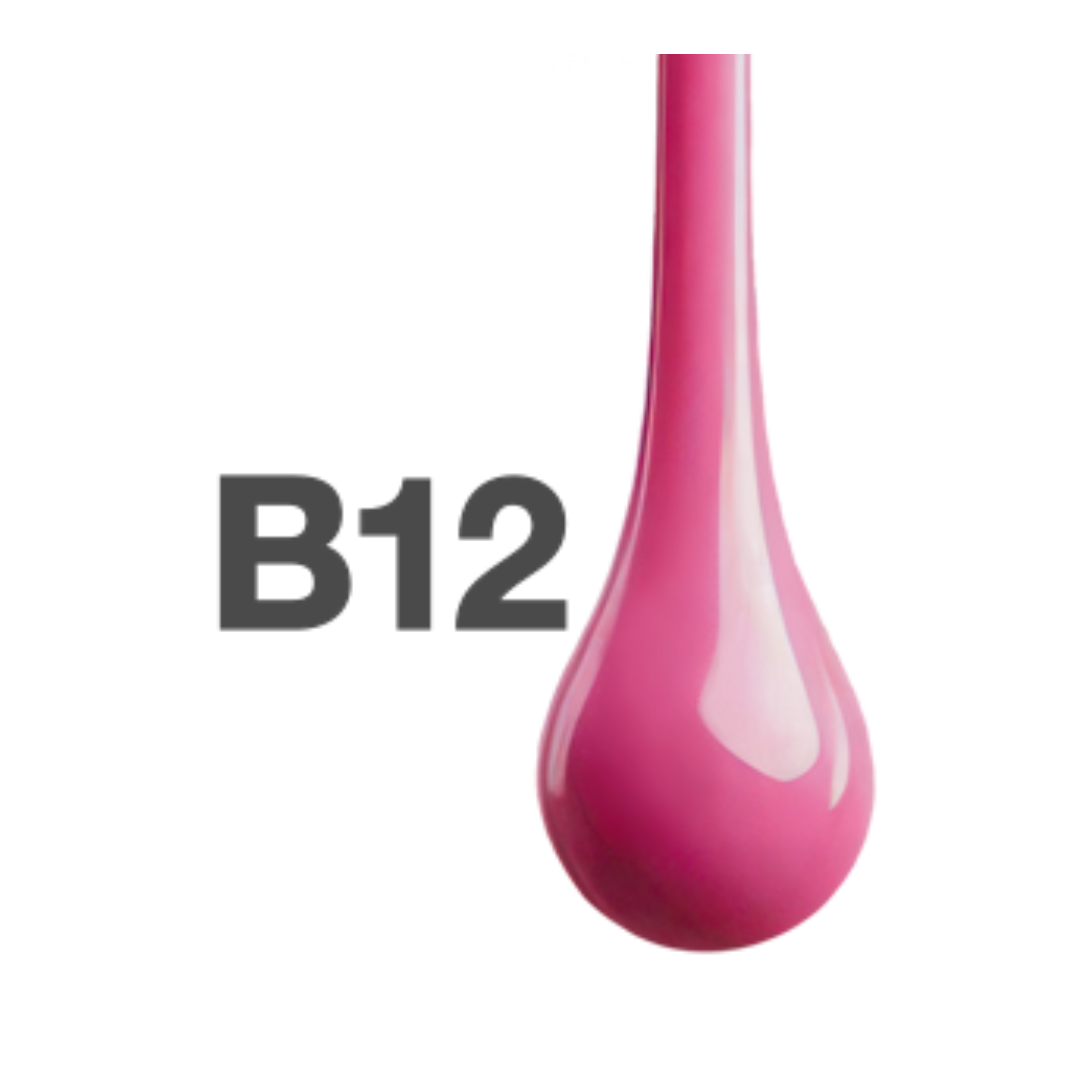Complete Guide to Effective Treatment of Oral Herpes
Oral herpes is a common infection that many people carry without always knowing it. About 80% of adults have the virus, and approximately 20-40% have experienced symptoms such as sores.
Symptoms can include small painful sores, sensitivity, itching, or a burning sensation. Triggers like colds, stress, or intense sunlight can provoke outbreaks. Treatment ranges from antiviral creams to home remedies like honey or tea tree oil.
This article will guide you through effective methods for treating and debunking myths about oral herpes.
Table of contents
What is Oral Herpes?
When outbreaks of the herpes simplex virus occur in the mouth, they can cause painful blisters on the lips, palate, or other areas in the mouth. These blisters are often associated with a burning sensation and can cause general discomfort.
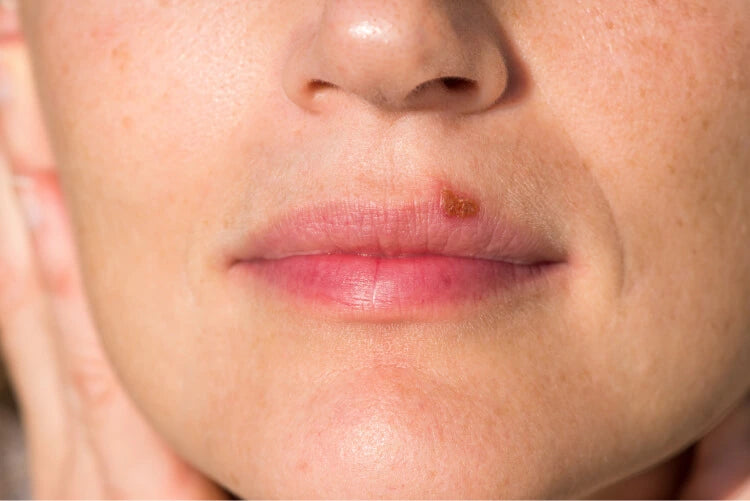
Symptoms and Causes
Symptoms of oral herpes often present as small inflamed sores. These sores quickly become crusted over. People with herpes may also experience tenderness, numbness, itching, or burning around the sore.
These signs typically signal the beginning of an outbreak. While symptoms can vary, they are a significant indication that the virus is active.
The causes of oral herpes outbreaks are varied. They include common infections like colds and flu, but also stress and exposure to intense sunlight can trigger an outbreak.
Hormonal changes, such as those occurring during menstruation, as well as certain foods, are also known to provoke herpes. Understanding these causes is crucial for effectively managing and preventing future outbreaks.
Types of Herpes Simplex Virus
There are two main types of herpes simplex virus: HSV-1 and HSV-2. HSV-1 is most often the cause of oral herpes, known as cold sores. This type of virus spreads easily through saliva or direct contact with a sore.
People typically experience blisters in and around the mouth. On the other hand, HSV-2 is mostly responsible for genital herpes, an infection in the genital area. Although HSV-2 primarily affects the genital area, it can also cause sores in the mouth through oral sex.
Both types are highly contagious and have no known cure. After the initial infection, the virus goes dormant within the nerve tissue in the face or genital area but can flare up again.
Triggers include stress, fever, and other infections that weaken the immune system. Treatment focuses on reducing symptoms and the frequency of outbreaks. Acyclovir and other antiviral drugs are effective treatments for attacks from both HSV-1 and HSV-2.
Treatment Options for Oral Herpes
When it comes to treating oral herpes, there are medical options such as antiviral drugs that can help alleviate symptoms and reduce the duration of the outbreak.
Home treatments like cool compresses and pain-relieving creams can also provide relief from discomfort, while natural remedies such as honey and propolis have been shown to have antiviral properties that can aid in healing.
Medical Treatment
Antiviral cream, antiviral tablets, or special patches for cold sores are effective methods for treating oral herpes. These treatments directly target the virus and can help reduce symptoms as well as shorten the duration of the outbreak.
Patients should begin treatment as soon as they notice the first signs of herpes to achieve the best results.
Doctors may also suggest other medical solutions based on the patient’s individual needs and symptoms. It is important to discuss all options with a healthcare professional to ensure a treatment plan that best fits the individual’s situation.
Prompt and active intervention can make a significant difference in combating oral herpes.
Home Treatment and Natural Remedies
Home treatment of oral herpes can be an effective way to alleviate symptoms and speed up the healing process. Natural remedies like honey and tea tree oil have been shown to have antiviral properties that can help fight the virus and reduce inflammation.
1. Honey: Apply a thin layer of honey directly to oral herpes sores to benefit from its antiviral properties. Studies have shown that honey can help reduce both pain and healing time.
2. Tea tree oil: The pure oil can be used by diluting it with water and gently applying it to the affected areas in the mouth. Its anti-inflammatory and antiviral properties can reduce swelling and promote the healing process.
3. Dandelion extract: Dandelion extract contains healthy nutrients known for its immune-boosting properties, which can be beneficial for fighting the herpes virus.
4. Lipoic acid: This natural supplement has been studied for its potential to inhibit the growth of the herpes simplex virus as well as strengthen the immune system.
5. Echinacea: The echinacea plant has long been used as a natural remedy for viral diseases, including oral herpes, due to its immune-stimulating properties.
6. Aloe Vera gel: This gel has proven useful for relieving the pain from herpes sores and promoting the healing process due to its soothing and cooling effect.
These natural remedies can be a treatment option, but they can also contribute to better management of the symptoms associated with oral herpes without significant side effects.
Prevention and Myths about Oral Herpes
Avoid sharing personal items to reduce the risk of transmission. Use sun protection and strengthen your immune system by eating a healthy diet and getting plenty of rest.
Avoid Sharing Personal Items
Do not share your personal items with others to prevent the spread of oral herpes. Sharing personal items like lipsticks, toothbrushes, or utensils can increase the risk of transmitting the herpes virus to other areas of the body.
Using separate towels and other personal items can reduce the risk of spreading oral herpes. Inform others about your condition and refrain from sharing personal items to protect them from getting infected with oral herpes.
Use Sun Protection
Sun protection is essential to avoid outbreaks of oral herpes. The sun can trigger herpes outbreaks, so it is important to use sunscreen with a high factor to reduce the risk.
By using sun protection, you can effectively reduce the chances of experiencing herpes outbreaks caused by the sun.
It is recommended to avoid direct sun exposure and use sunscreen with a high SPF, as this can help prevent herpes outbreaks in the mouth. By taking these precautions, you can minimize the risk of contracting an outbreak caused by the sun’s effect on the virus.
Strengthen Your Immune System
Oral herpes can be reactivated by various factors, including a weakened immune system. A strong immune system can help prevent frequent outbreaks of oral herpes.
1. Eat a healthy and varied diet rich in fruits and vegetables to strengthen your immune system.
2. Exercise regularly to increase the body's resistance to viral infections.
3. Get enough rest and sleep to maintain a healthy immune response.
4. Avoid stress, as it can weaken the immune system and lead to more frequent outbreaks of oral herpes.
5. Make sure to stay hydrated by drinking plenty of water, as it supports the body's natural defense mechanisms.
These steps can help strengthen your immune system and reduce the occurrence of herpes outbreaks in the mouth.
Conclusion and the Importance of Managing Oral Herpes
Effectively managing oral herpes is essential for alleviating symptoms and preventing the spread of infection. Treatment with antiviral cream and tablets can help speed up the healing process.
By strengthening the immune system and avoiding direct contact, the risk of outbreaks and transmission can be reduced. It is important to consult a doctor or dentist to get the right treatment and advice.
Having a clear understanding of oral herpes and how to treat it can increase one’s ability to effectively manage this common infection.
FAQ
What is oral herpes?
Oral herpes, also known as herpes labialis, is a viral infection caused by the HSV-1 virus that leads to blisters and sores inside the mouth or on the lips.
How do I know if I have oral herpes?
Symptoms of oral herpes can include painful blisters or sores inside the mouth, on the lips, or around the mouth area, fever, and swollen lymph nodes.
Can children also get oral herpes?
Yes, both adults and children can get oral herpes. It is important to be aware of the symptoms and seek treatment early.
How is oral herpes effectively treated?
Effective treatment of oral herpes can include prescription antiviral medications, pain relievers such as paracetamol, and home remedies like avoiding spicy foods and smoking to reduce irritation.
Is oral herpes contagious?
Yes, oral herpes is a contagious disease. It can be transmitted through direct contact with the sores or even through saliva from a person with an active outbreak.
Can future outbreaks of oral herpes be prevented?
While there is no cure for the herpes virus, the risk of future outbreaks can be minimized by maintaining a strong immune system through a healthy diet, plenty of rest, and avoiding known triggers like stress and sunlight.
How does oral herpes spread?
Oral herpes typically spreads through direct contact with sores, saliva, or objects such as toothbrushes and utensils.
What does oral herpes look like?
Herpes appears as small, painful blisters or sores on the lips, inside the mouth, or on the gums.

